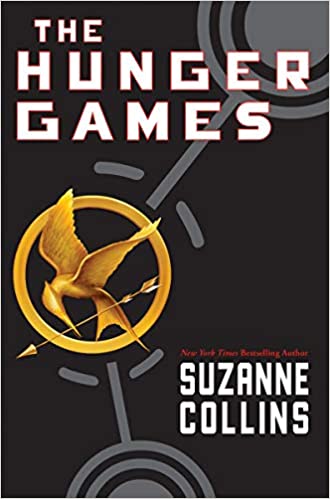We don’t read books to re-live the most boring parts of our days. We read as an escape, an adventure, a thrill, a romance… as a writer, your opening pages are CRITICAL to making your reader care about your main character and to keep them interested in reading your story.
This is why it’s important not to start your story with your character waking up under mundane circumstances. If your character does any of the following, you may be in danger of falling into this trap.
- Yawn
- Stretch
- Hit the alarm clock
- Change out of their PJs
- Brush their teeth
- Look in the mirror and describe themself to the reader
- Pull the covers back over their head
- Groan at the weather
- Pack their supplies in their backpack/briefcase
- Blink open their eyes allowing them to focus
If your character yawns and a bee flies into their mouth, then that’s something. If they yawn and worry about their morning breath, that type of banality might not entice a reader to make it to page 2.
In short, you don’t want your reader to fall asleep because they are bored reading about your character waking up.

Is it possible to break this rule? YES! Of course it is.
If you want to break the rule of having your character wake up at the beginning of your story, there are only two ways to do it in my mind.
- Wake up to incredibly high EMOTIONAL STAKES
- Wake up to IMMEDIATE ACTION
Let’s take a look at the opening of “The Hunger Games” that begins with Katniss Everdeen waking up on the day of The Reaping. Then I’ll explain how Suzanne Collins was able to take this rule and throw it out the window.
How to Start a book with your character waking up
When I wake up, the other side of the bed is cold. My fingers stretch out, seeking Prim’s warmth but finding only the rough canvas cover of the mattress. She must have had bad dreams and climbed in with our mother. Of course, she did. This is the day of the reaping.
I prop myself up on one elbow. There’s enough light in the bedroom to see them. My little sister, Prim, curled up on her side, cocooned in my mother’s body, their cheeks pressed together. In sleep, my mother looks younger, still worn but not so beaten-down. Prim’s face is as fresh as a raindrop, as lovely as the primrose for which she was named. My mother was very beautiful once, too. Or so they tell me.
Sitting at Prim’s knees, guarding her, is the world’s ugliest cat. Mashed-in nose, half of one ear missing, eyes the color of rotting squash. Prim named him Buttercup, insisting that his muddy yellow coat matched the bright flower. He hates me. Or at least distrusts me.
- The Hunger Games (an example of a book that starts with a character waking up)
Why does this opening work?
It’s because the opening isn’t about Katniss waking up. It’s about FEAR.
The emotional stakes are through the roof. We don’t know what “The Reaping” is, but we are made to care about a child who is terrified of it.
And importantly: Suzanne Collins doesn’t dwell on the fact that Katniss just woke up. There’s no stretching her legs, yawning, brushing her hair…
Katniss wakes up. Her sister is missing. Her sister was afraid of The Reaping.
“… the opening isn’t about Katniss waking up. It’s about FEAR.”
We get a lot of great words here that set this tone of fear and foreboding. Let’s isolate them:
rough, bad dreams, reaping, cocooned, beaten-down, worn, guarding, mashed-in, ugliest, rotting squash, muddy, hates, distrusts.

Characters Waking up to Action
Another example is from Franz Kafka’s The Metamorphosis. The main character wakes up at the very start to a shocking realization:
One morning, when Gregor Samsa woke from troubled dreams, he found himself transformed in his bed into a horrible vermin. He lay on his armour-like back, and if he lifted his head a little he could see his brown belly, slightly domed and divided by arches into stiff sections. The bedding was hardly able to cover it and seemed ready to slide off any moment. His many legs, pitifully thin compared with the size of the rest of him, waved about helplessly as he looked.
So, here’s another example of a character waking up that works incredibly well. Gregor went to sleep a human and woke up as an insect. It’s memorable. It’s shocking. It hits you from that very first line.
How Will You Start Your Story?
The opening of your book is extremely important. Make sure you immediately hook the reader and get them interested in your characters, plot, and world. Ask yourself:
- What emotion will the reader have when reading my opening page?
- What emotion does my main character have on the opening page?
- How can I summarize the action on the opening page?
If your main character is sleepy or bored in your first paragraph, your reader might be too.
The Hunger Games
The Hunger Games by Suzanne Collins is a great example of a book that begins with the main character waking up. As I’ve mentioned in my assessment in this article, the author was able to break this writing rule by making the opening not about Katniss waking up, but about fear.
Katniss wakes up to find that her little sister has had a nightmare. She’s terrified of something called “The Reaping” and it drove her to crawl in with her mother for comfort in the middle of the night.
If you haven’t read this book, get a copy of it on Amazon by clicking the link below.
Buy The Hunger Games on Amazon

